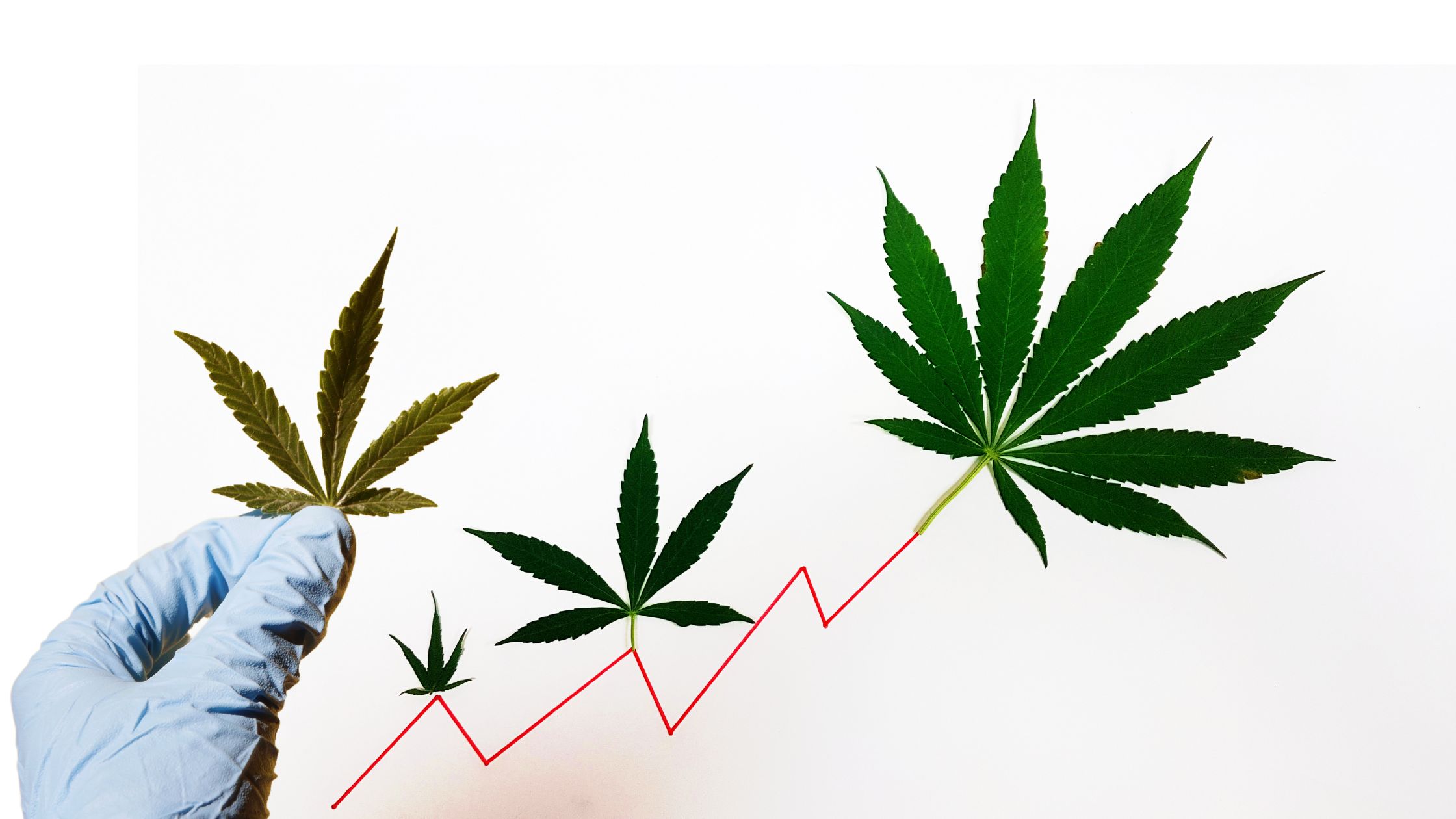Understanding THCA
As cannabis becomes increasingly mainstream, more people are curious about its various components, particularly THCA (tetrahydrocannabinolic acid). A common question many ask is, What is a high THCA percentage? In this article, we’ll break down what THCA is, why its percentage matters, and how it can influence your experience with cannabis.
What is THCA?
THCA is a non-psychoactive cannabinoid found in raw cannabis plants. Unlike THC (tetrahydrocannabinol), which is responsible for the psychoactive high associated with cannabis, THCA in its natural state does not produce such effects. This makes it appealing for those looking to experience the therapeutic benefits of cannabis without intoxication.
The Role of THCA in Cannabis
THCA is a significant part of the cannabis plant, particularly abundant in freshly harvested flowers. Its concentration can vary greatly among strains, which is essential knowledge for those aiming to maximize cannabis’s therapeutic benefits.
The Importance of THCA Percentage
Now that we know what THCA is, let’s explore why its percentage in cannabis products is important.
What is a High Percentage of THCA?
A high THCA percentage typically refers to a concentration of 20% or more. This level signals a potent strain, suggesting that when the THCA is converted to THC, the resulting effects will be more intense. However, what is considered “high” can vary based on individual preferences and the context of cannabis use.
How THCA Percentage Affects Potency
The THCA percentage is a strong indicator of the potential potency of a cannabis strain. Higher concentrations mean that when heated, the converted THC can produce more significant psychoactive effects and therapeutic benefits. For individuals using cannabis for medical reasons, understanding THCA levels can help in choosing the right strain.
How is THCA Percentage Measured?
Accurate THCA percentage measurements come from reliable lab testing.
Lab Testing Methods
Cannabis laboratories use methods like gas chromatography and high-performance liquid chromatography (HPLC) to measure cannabinoid profiles. These tests provide precise data on the levels of THCA, THC, and other cannabinoids in the product, allowing consumers to better understand its potency and potential effects.
Understanding Cannabinoid Profiles
A cannabinoid profile offers a detailed breakdown of all the cannabinoids present in a cannabis strain, including THCA, THC, CBD, and others. This helps users make informed decisions about which strains align with their needs.
Benefits of High THCA Percentage
Choosing a strain with a high THCA percentage can provide several benefits.
Therapeutic Benefits
Research into THCA indicates potential therapeutic properties, such as:
- Anti-Inflammatory Effects: THCA may help reduce inflammation, making it beneficial for those with chronic pain or inflammatory conditions.
- Nausea Relief: Some users find THCA helpful in alleviating nausea, which is particularly valuable for those undergoing treatments like chemotherapy.
- Neuroprotection: Preliminary studies suggest THCA may have neuroprotective properties, potentially aiding those with neurodegenerative diseases.
Non-Psychoactive Properties
One of the appealing aspects of high-THCA strains is their ability to provide therapeutic benefits without psychoactive effects. This makes them suitable for those who need relief but want to remain alert and focused.
Strains with High THCA Percentages
Certain strains are known for their high THCA content, making them popular among users looking for potent effects.
Examples of High-THCA Strains
- Cannatonic: Recognized for balanced effects and therapeutic potential.
- ACDC: Known for high CBD and THCA levels, with minimal THC.
- Harlequin: A strain praised for its medicinal properties with limited psychoactive effects.
Selecting the Right Strain for You
Choosing a strain with a high THCA percentage should be based on your specific needs. Are you seeking pain relief, anti-inflammatory effects, or other benefits? Consult with an experienced budtender or healthcare professional to help guide your choice.
Risks and Considerations
While high THCA percentages can offer significant benefits, it’s important to consider potential risks.
Is Higher Always Better?
Not always. While high THCA levels can mean greater potency, a strain with a lower percentage might be more suitable for some users. It’s essential to find the right balance that works with your body and preferences.
Potential Side Effects of High THCA
Although THCA is generally considered safe, consuming cannabis in any form can have side effects:
- Respiratory Concerns: Smoking cannabis, regardless of its THCA or THC content, can irritate the lungs.
- Increased Heart Rate: High concentrations of THC from decarboxylated THCA can cause increased heart rate or anxiety, especially for those sensitive to cannabinoids.
Alternative Consumption Methods
If smoking isn’t ideal, there are other ways to enjoy high-THCA strains.
Vaping THCA
Vaping provides a smoother experience compared to smoking, allowing for controlled heating to convert THCA into THC with fewer harmful byproducts.
Edibles and Tinctures
THCA can also be consumed in edibles or tinctures. Heating is necessary to activate the THC, but this method offers a convenient and flavorful way to experience its benefits.
User Experiences with High THCA Strains
Anecdotal reports offer insights into how high THCA strains affect users.
Anecdotal Evidence
Many users appreciate that high-THCA strains provide symptom relief without the high, making them perfect for medical use. This allows them to manage symptoms while maintaining daily functionality.
Research Insights
Although much research has focused on THC and CBD, interest in THCA is growing. Current studies are beginning to unveil its unique benefits and safety profile. Ongoing research will deepen our understanding of how THCA can be used therapeutically.
Conclusion
In summary, THCA and THC may be related, but they offer different experiences in the world of cannabis. High THCA strains can deliver notable health benefits without psychoactive effects, making them ideal for users looking for relief without a high. Always consider individual needs, preferred consumption methods, and potential side effects. With a clear understanding of THCA’s role, you can make informed decisions that enhance your cannabis experience.
Frequently Asked Questions
Can THCA get you high?
No, THCA is non-psychoactive unless heated to convert to THC.
What are the health benefits of high THCA strains?
High THCA strains may offer anti-inflammatory, neuroprotective, and anti-nausea effects.
How can I consume high THCA strains safely?
Consume them raw, vaporized, or in edibles, ensuring appropriate heating for desired effects.
Is THCA legal?
Yes, THCA from hemp is generally legal, but check local laws for compliance.
How long does THCA stay in your system?
THCA can stay in the body for days to weeks, depending on metabolism and usage patterns.

